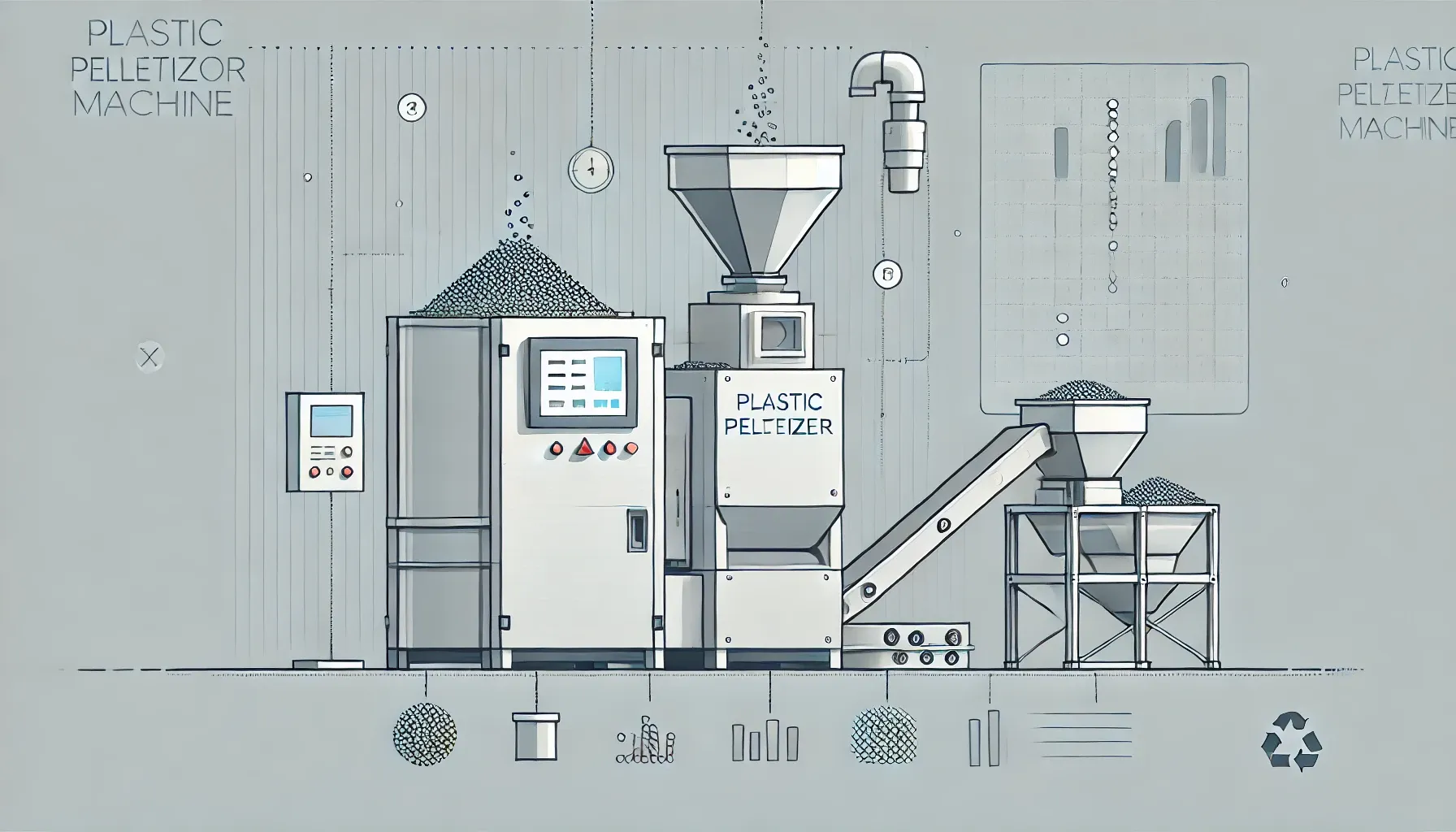Selecting the right plastic pelletizer is crucial for manufacturers aiming to enhance their production efficiency and product quality. This guide explores key factors to consider when choosing a plastic pelletizer, including the type of materials processed, production capacity, and energy efficiency.
Understanding Plastic Pelletizers
Plastic pelletizers are essential in converting plastic raw materials into uniform pellets, which are easier to handle and process in various manufacturing applications. Here are some critical aspects to consider:
Types of Materials Processed
The type of plastic material you’re working with significantly influences your pelletizer choice. Common plastics include:
- Polyethylene (PE)
- Polypropylene (PP)
- Polyvinyl Chloride (PVC)
- Polystyrene (PS)
- Engineering Plastics (ABS, Nylon, etc.)
Each material has different melting points, viscosities, and handling requirements. Ensure the pelletizer you choose is compatible with the specific type of plastic you intend to process.
Production Capacity
Production capacity is a vital consideration for manufacturers. It’s essential to select a pelletizer that meets your output requirements without compromising quality. Factors influencing capacity include:
- Machine Size and Design: Larger machines typically offer higher capacities.
- Feed Rate: Ensure the pelletizer can handle the feed rate of your production line.
- Pellet Size and Uniformity: Consistent pellet size is crucial for downstream processing.
Energy Efficiency
Energy efficiency is a critical factor affecting both operational costs and environmental impact. Consider the following:
- Motor Efficiency: High-efficiency motors reduce energy consumption.
- Heating Systems: Advanced heating systems can enhance energy efficiency.
- Operational Settings: Machines with adjustable settings allow optimization for different materials and conditions, improving overall efficiency.
Additional Considerations
Maintenance and Durability
Regular maintenance ensures the longevity and performance of your pelletizer. Look for machines with:
- Durable Components: High-quality materials and construction.
- Ease of Maintenance: Accessible parts for easy cleaning and servicing.
- Support and Spare Parts: Availability of spare parts and manufacturer support.
Automation and Control
Modern pelletizers often come with automated features and advanced control systems. Benefits include:
- Consistency: Automated systems ensure uniform pellet quality.
- Ease of Use: User-friendly interfaces simplify operation.
- Data Monitoring: Advanced systems provide real-time monitoring and data analysis for better process control.
Cost
While initial investment is a consideration, focus on the total cost of ownership, including:
- Energy Costs: More efficient machines may have higher upfront costs but lower long-term energy expenses.
- Maintenance Costs: Durable machines with low maintenance requirements can save money over time.
- Production Efficiency: Higher efficiency and productivity can offset initial costs.
Conclusion
Choosing the right plastic pelletizer involves evaluating the type of materials processed, production capacity, and energy efficiency. By considering these factors and additional aspects such as maintenance, automation, and cost, manufacturers can make informed decisions tailored to their specific needs.



